Norway
Study in Norway
Norway is one of the leading countries conforming to the guidelines from theBologna Process in European higher education. The degree system based on the Bachelor's, Masters and Ph.D. structure has been successfully implemented, together with the ECTS credits system. By adapting to the European standard in higher education it is easy for students at Norwegian institutions to obtain recognition of their qualifications in other countries.
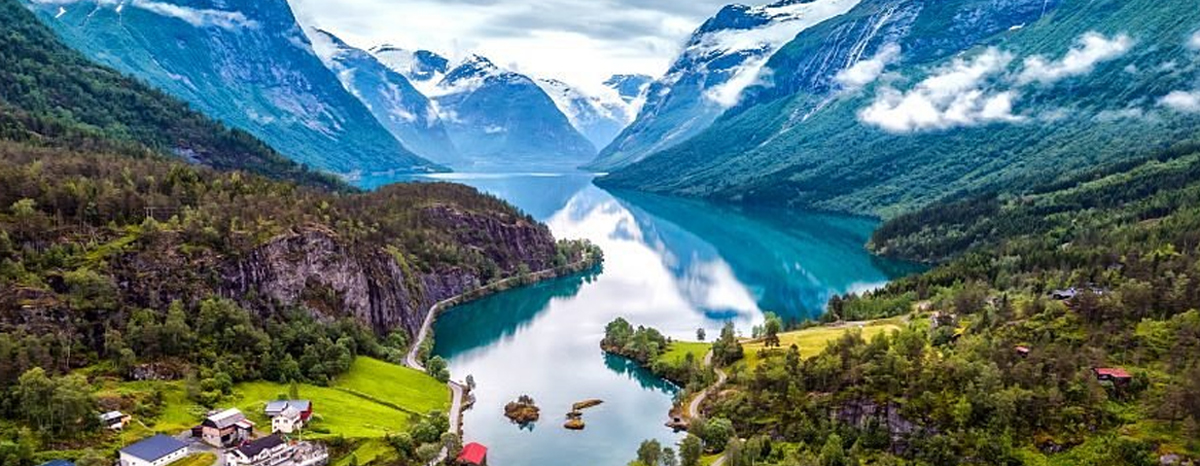
Top Universities in Norway
-
University of Tromso
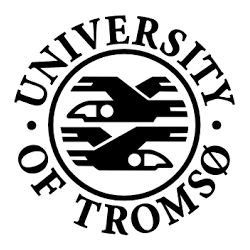
UiT The Arctic University of Norway is the northernmost university of the world. Its location on the edge of the Arctic implies a mission. The Arctic is of increasing global importance. Climate change, the exploitation of Arctic resources and environmental threats are topics of great public concern, and which the University of Tromsø takes special interest in. At UiT The Arctic University of Norway you can explore global issues from a close-up perspective.
-
University of Stavanger
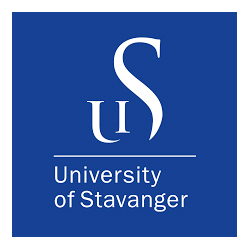
The University of Stavanger is a public research university located in Stavanger, Norway. It was established in 2005 when the Stavanger University College received university status. The university is organised in six faculties.
-
Norwegian University of Science and Technology
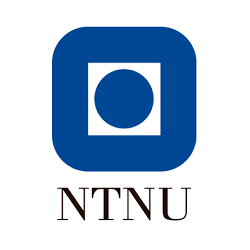
The Norwegian University of Science and Technology is a public research university in Norway and the largest in terms of enrollment. The university’s headquarters is located in Trondheim, with regional campuses in Gjøvik and Ålesund.
-
University of Oslo
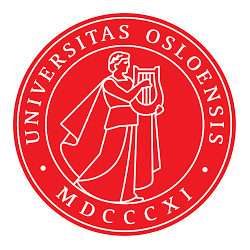
The University of Oslo is a public research university located in Oslo, Norway. It is the oldest university in Norway and consistently considered the country’s leading university, one of the highest ranked universities in the Nordic countries and one of world’s hundred highest ranked universities.
-
University of Bergen
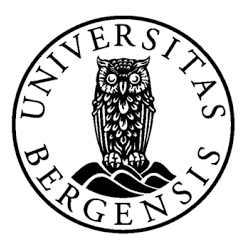
The University of Bergen is a public research university in Bergen, Norway. As of 2021, the university had over 4,000 employees and 19,000 students. It was established by an act of parliament in 1946 consolidating several scientific institutions that dated as fa back as 1825.
Country Facts
Norway is the northernmost country of Europe and part of Scandinavia. It is a constitutional monarchy famous for its natural beauty, the midnight sun and northern lights. Traditionally, Norway has been known for its maritime and offshore industries, but heavy investments in ICT and technology have resulted in a diverse and innovative economy. Norway can offer a vast range of experiences and activities for everyone. In the summer, students may enjoy sailing in the fjords and hiking in beautiful forests and mountains. It is also the peak season for music festivals which attract many world-class performers. In the winter, the snowy landscape provides heaps of opportunities for people with all sets of risk appetite. Future students may enjoy skiing and snowboarding at a number of resorts that are often located in close proximity to urban areas providing urban dwellers with an active lifestyle, both summer- and wintertime. Also, Norwegians enjoy an extensive café culture and an exciting nightlife. The official language is Norwegian, but nearly everyone speaks English. Thus, International students should not experience significant barriers to an active social life in a modern country rich on history, nature, culture and all sorts of interesting activities.
Norway offers a unique experience for students. Norwegian institutions of higher education welcome applications from qualified students from all over the world.
Internationalization is a priority for all sectors of the Norwegian education system, and universities and university colleges are working to make their routines and facilities suit international students. Nearly 11 000 such students are currently enrolled at Norwegian institutions of higher education.
Higher Education System
Norway hosts a large number of higher educational institutions. These institutions provide a vast range of options from which students may choose. In Norway, higher education requires students to have completed an internationally recognized upper secondary education equivalent to the upper secondary education in Norway. Please refer to NOKUT for more information,www.nokut.no/en/Foreign-education. The structure of Norwegian higher education consists of a three-year bachelor’s degree, two-year master’s degree and three-year doctorate degree, each with minimum requirements for entry. This conforms to the Bologna Process which effectively implements a common term and credit structure across Europe. As a result, studies in Norway may open an endless range of opportunities for students who are eager to pursue a further academic, or professional, career in Europe.
- UK

- USA
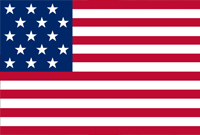
- Canada

- Australia
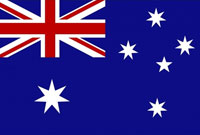
- New Zealand
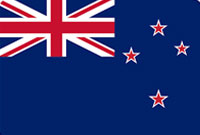
- Germany

- France
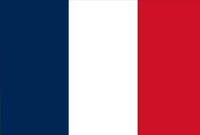
- Italy
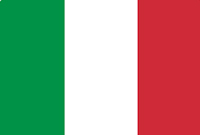
- Sweden
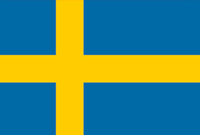
- Finland
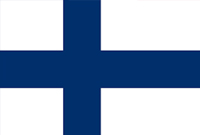
- Georgia
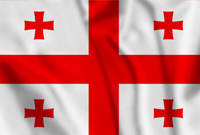
- Austria
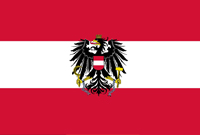
- Slovenia
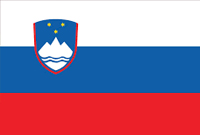
- Spain
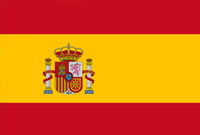
- Belgium
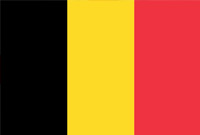
- Bulgaria
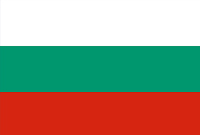
- Czech Republic
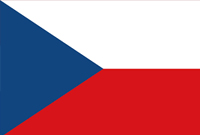
- Croatia
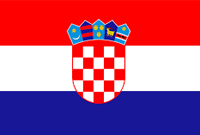
- Denmark
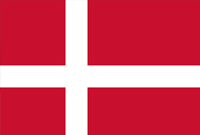
- Estonia
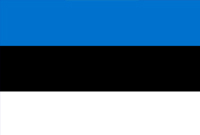
- Greece
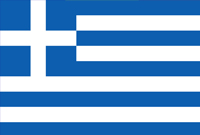
- Hungary
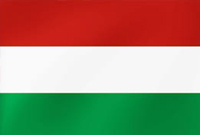
- Iceland
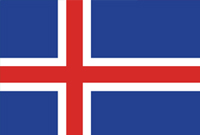
- Latvia
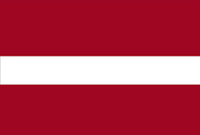
- Liechtenstein
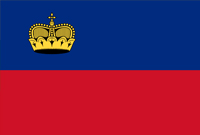
- Lithuania
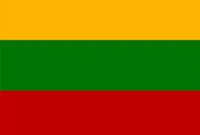
- Luxembourg
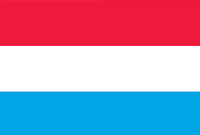
- Malta
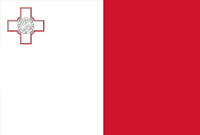
- Netherland
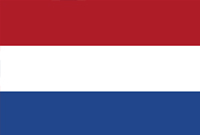
- Norway
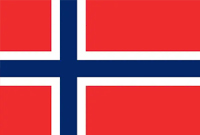
- Poland
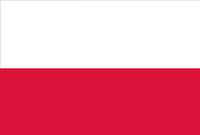
- Portugal

- Romania
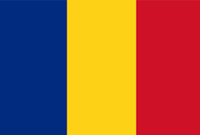
- Slovakia
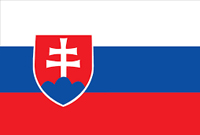
- Switzerland
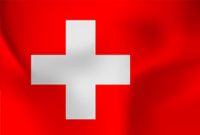
- Serbia
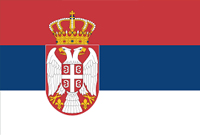
- Ireland
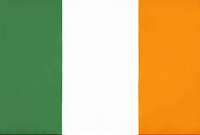
- Albania
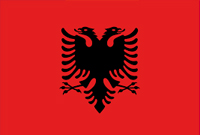
- Moldova
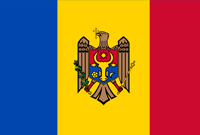
- Ukraine
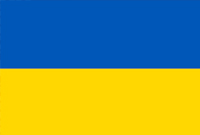
- Belarus
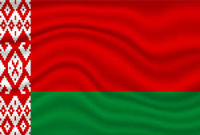
- Russia
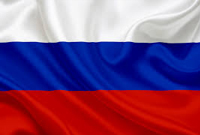
- Cyprus
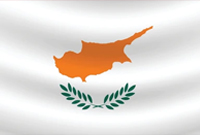
- Monaco
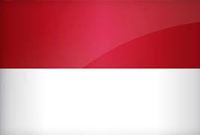
- Bosnia
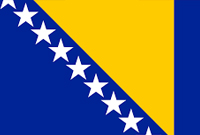
- Andorra
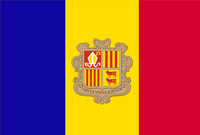
- Montenegro
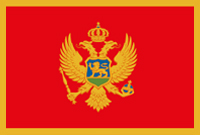
- More Contries

Why Choose Us?

Complete Assistant with Quality Service

20 Years of Experience

India's most certified Agency

Study for Free or With Affordable Tuition Fee
Do you have questions or want more information?

